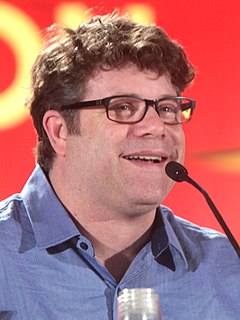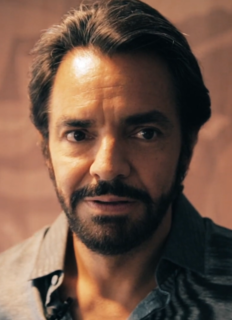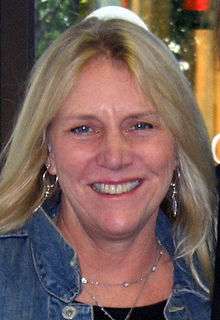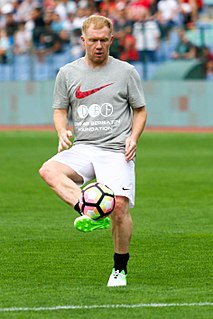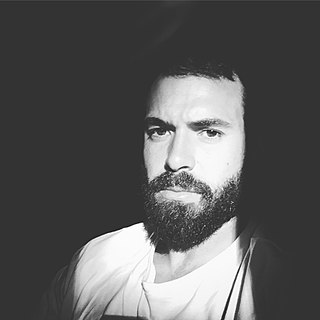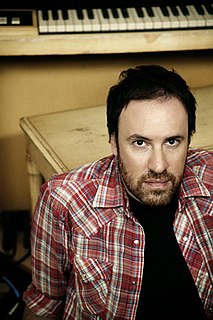A Quote by Richard K. Morgan
I came quite late to gaming: I didn't start playing until 2002.
Related Quotes
It wasn't until 2002 when I returned to WWE and until I had physically been out there - it was during the match when Kevin Nash blew his quad. That next morning, I was sitting on the plane, reading my Bible and the Book of Joshua, and this feeling came over me that I was back here for a reason. God built me to be a wrestler.
I didn't decide to start to playing piano until I was almost 13 years old when my friends and I thought it would be fun to start a band. None of us actually played any instruments so the band never quite got off the ground, BUT it made me go home and ask my parents for piano lessons. That was really the beginning for me. Once I started, it was all I wanted to do.


